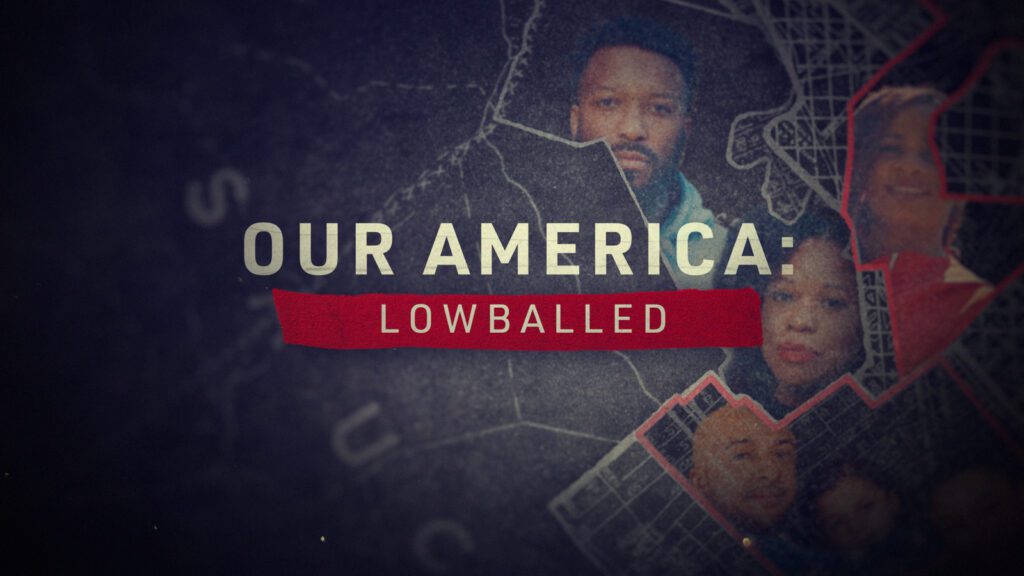
Readers of this space – and of the “We Are One Marin” campaign and its podcast offshoot – know that we are big supporters of Paul Austin’s Play Marin program, which offers Marin City youth the opportunity to participate in organized sports and extracurricular activities, a mission “to intentionally give kids of diverse ethnic and socioeconomic backgrounds the opportunity to learn and grow together through play.”
But while Austin has continued to grow the program and impact young lives over the past three years, he’s done so while navigating, with his wife Tenisha Tate-Austin, an infuriating three-year journey to be treated with the same level of fairness that white people can expect when going through the home appraisal process, one that appears to be riddled with the potential for bias. That journey serves as just the latest reminder that racial inequity stifling opportunities is far from an “over there” problem, but one that is historically and deeply entrenched in Marin County.
The Mill Valley School District and Mill Valley Recreation this week co-hosted a screening of “Our America: Lowballed,” a documentary by ABC7 News anchor and race/culture reporter Julian Glover event that digs into the appraisal industry and its long-tail connection to discriminatory practices that many Americans likely believe never existed or have long since been squashed.
Not the case.
In Marin County, historic redlining and racist covenants restricted Black people from buying in places like Tiburon and Mill Valley. But although historic red-lining and racist covenants were outlawed in the Civil Rights Act of 1968, a less widely known practice has suppressed property values in communities of color across the country, specifically by bringing their own anti-Black bias to the appraisal process.
After conducting a significant remodel of their Marin City home, they sought to refinance their mortgage and get an appraisal of their updated home. The initial appraisal of their beautiful home overlooking the Richardson Bay came in at $995,000, which, by anyone with a sense of the Marin real estate market, incredibly low. Upon appeal, they “white-washed” their home, had a white friend stand in as the homeowner and garnered a second appraisal of nearly $500,000 higher than the first appraisal.
In early December of 2021, the couple joined the Fair Housing Advocates of Northern California (FHANC) and filed a lawsuit in federal district court alleging housing discrimination due to race in a loan appraisal process.
“We can’t talk about DEI (Diversity, Equity & Inclusion) if we aren’t making sure that we are getting the literal equity (in home values),” Glover told the packed audience in the Mill Valley Community Center’s Cascade Room. “You are getting cheated out of the American Dream.”
The documentary is both gut-wrenching and illuminating, but it doesn’t stop at just a few examples of race-related appraisal bias in Marin and across the country. Instead, it puts this particular industry within the broader scope of the need to address historic harm on Black people in California and beyond. In a Q&A session at the conclusion of the documentary, the panelists pointed out the federal PAVE Action Plan under the Biden Administration, which seeks to add data transparency to the appraisal process, as well as the possibility of future penalties associated with bias-driven under-appraisal.
Austin noted that he testified in 2021 before the California Reparations Task Force about his family’s experience. He told the audience he was optimistic that, starting in California, reparations for Black people in California was possible.
“This about understanding and correcting the intrinsic value of whiteness,” said Andre M. Perry, a senior fellow at the Brookings Institution, noting that the percentage of white appraisers was as high as 96 percent in some places. “Equity is stimulus, not just for Black and Brown people, but for the whole country. All we are saying is acknowledge it so we can correct it.”
Tate-Austin emphasized the need to educate our children about these discriminatory housing practices, “because the next generation will be the next best version of ourselves.”
Glover noted that “Our America: Lowballed” had made such an impact within the U.S. Department of Housing and Urban Development (HUD) that “it had become homework for all of HUD.” “So many of the racist housing practices were born here in the Bay Area and spread to the rest of the country,” he added.
WATCH THE DOCUMENTARY BELOW:

